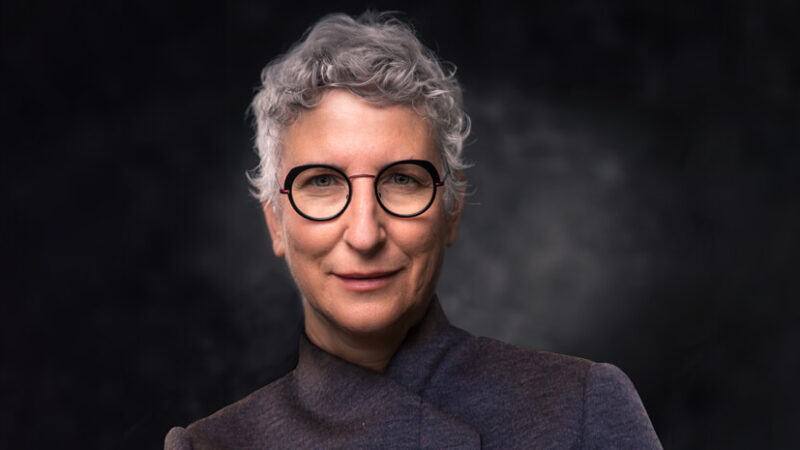“If the only prayer you ever say in your entire life is thank you, it will be enough.”
—Meister Eckhart
I believe that if people from all of the different wisdom traditions gathered together and were asked to agree on one focus for a special day of reflection, “giving thanks” would be somewhere at the top of the list.
Gratitude changes us. Instead of looking at what’s wrong, we turn our hearts for a moment to what’s right. And there are so many things that are right.
For example, the appreciation of one complete breath (as corny as it sounds, whenever I turn my mind to gratitude, this is the first place I start)—feeling the fluttery exhilaration of the inhale, the excitement at the top of the inhale, the relaxation of a full and deep exhale, and then the interesting open space that awaits when our exhale is complete (you can tell I feel grateful for breathing).
And then there is the feeling of air on our skin, and the faces of the people we love, and the beauty of trees and the natural world … and we can each go on and on and on and on.
And let’s do that! Let’s go on and on and on and on about all of the ways that we appreciate what is right and beautiful in this moment (and if you’re at all like me, with a tendency to focus on problem-solving, this might not be your usual perspective).
And if you do go on and on and on and appreciate the beauty that is right here, you probably won’t need science to tell you that you have shifted the neural pathways in your brain (although scientific studies will certainly confirm that)—you can feel the immediate shift.
As I write this, I feel appreciative of so many beautiful “presences” in my life, including the presence of YOU. I am grateful that you read these posts, that you feel in some way connected to Sounds True, that you are interested in personal transformation, in being wholehearted and of benefit to others. I am grateful that, even though it is through this weird form of a mass communication from me to you, we are connected.
At Sounds True, we are grateful to the entire ecosystem of which we are a part: to our authors, to the ideas themselves, to our vendors and manufacturers, to the buildings that house us, to the natural world, and to future generations.
And most of all, we are grateful to you, the individual person who enjoys and derives benefit from the learning programs we create. And we want to make sure we are meeting you “where you are at” and that our programs are accessible and you feel encouraged to explore and learn from different teachers. Like most companies, our deepest discounts of the year are available between now and the end of December, and I want you to know about this, if you are interested. To learn more about these special offers, just click here.
Gratitude creates a circle of appreciation. When we express our gratitude, the recipient feels it, lights up, and appreciates our existence in return. I love being in a virtuous circle of appreciation with you.
With love and a grateful heart,
 Tami Simon
Tami Simon
Founder and publisher,
Sounds True
P.S. Once again, our deepest discounts of the year are now available. Please click here to learn more.





 Tami Simon
Tami Simon





